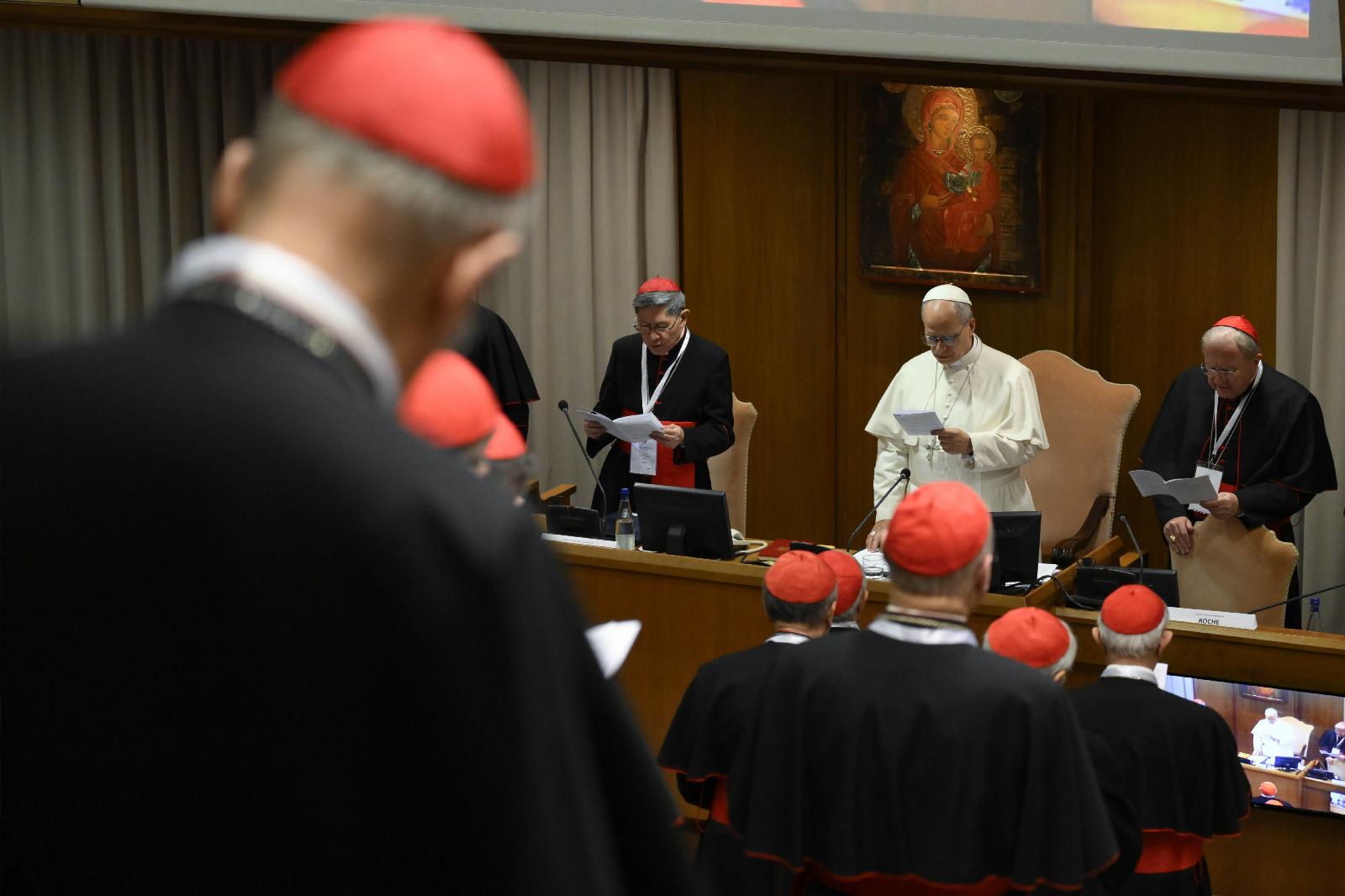EU finance cop ‘frustrated’ at lack of European mega-bank mergers
BRUSSELS — The EU’s top banking cop says he’s “frustrated” by a domestic mindset that’s preventing cross-border banking mergers and undermining dreams of a united European financial sector.
José Manuel Campa, chair of the Paris-based European Banking Authority, said he “would like to see more transactions that have a cross-border nature in their economic logic,” but that “we don’t see enough” now.
“I feel frustrated because I continue to see domestic mergers with a domestic logic, not single-market mergers,” Campa told POLITICO in an interview.
The creation of big pan-European banks is seen as key to creating a unified EU financial system that is open and deep enough to compete with the likes of the United States. But national capitals have repeatedly undermined this push.
EU bodies have squared off against governments in recent months over politically motivated moves to block banking tie-ups.
The European Commission is investigating Spain and Italy’s interference in big domestic banking mergers as it grows impatient with what it sees as unjustified attempts to block deals already approved by antitrust regulators.
Meanwhile, Germany is trying to block Italian lender UniCredit’s takeover bid for the German Commerzbank, in a move the Commission’s outgoing competition chief described as “difficult to accept.”
Governments may block banking marriages that they see as a threat to local interests, or to stave off another country’s influence over a national banking champion.
But the EU executive, and Campa, want bigger, more efficient banks to help restore Europe’s competitiveness and foster a true single market for banking in the bloc.
“The crucial issue is the single market — having a developed single market in the EU,” Campa said. “Being better means taking advantage of the single market.”
Keep it simple
The EU banking industry has been pushing for simpler rules and lighter capital requirements in recent months, particularly as the U.S. and U.K. pause or lighten their own standards for the sector.
Campa said the EBA is “not in favor of deregulation” as “the existing rules have served us well,” with a resilient and profitable banking industry seeing high returns on equity.

But the EU “can build better rules under the logic of the single market,” including completing the bloc’s banking union, he said.
One source of complexity that is slowing progress toward a single market for banking in the bloc is the persistence of “home-host issues” — the question of whether banks should be overseen or hold regulatory capital at the level of their group’s headquarters, or throughout all of their subsidiaries.
With 21 countries in the EU’s banking union, it’s a fraught issue, with countries with big domestic banking players preferring a lighter approach, while smaller countries that host subsidiaries of big foreign banks would rather lenders hold more capital in their jurisdictions.
Fostering a more effective single market for banking would necessitate breaking down those barriers, Campa said. “There are things that we can do … but that requires a significant political consensus because those rules are there for a reason; home-host issues are there for a reason.”
The EU’s latest update to bank capital rules, known as Basel 3, applies requirements at the level of individual entities and the consolidated group, as it was politically untenable to find a more simple way of implementing the reforms — a decision Campa said “leads to excess requirements.”
The most recent piece of banking legislation negotiated in Brussels, a joint crisis management plan for mid-sized banks, ended up as “an effort in complexity” rather than “an effort in simplification” because political wrangling resulted in a very complex text, Campa said.
In those negotiations, countries resisted a move to ease access to EU crisis funds for failing mid-sized banks, meaning that the political deal on the rules imposed myriad conditions for lenders to be able to tap the funds in a crisis.
As for banks’ regulatory capital buffers — the cash they’re mandated to hold against risk to avoid future taxpayer bailouts if they fail — Campa said they are “complex in Europe because we have many authorities making decisions,” and that it would be “good to try to clarify” how buffers are set.
“The EU system is very complex. It’s not about whether the level of requirements is high or low. It’s just that there are so many different buffers … and they’re set by different institutions. That just leads to complexity and to lack of clarity,” Campa said.




















:quality(85):upscale()/2023/09/18/918/n/1922398/a1136b676508baddc752f5.20098216_.jpg)
:quality(85):upscale()/2025/10/09/670/n/1922283/00b944c868e7cf4f7b79b3.95741067_.jpg)
:quality(85):upscale()/2025/10/15/765/n/1922398/29c37a6e68efd84bb02f35.49541188_.jpg)
:quality(85):upscale()/2025/09/09/891/n/1922283/7222624268c08ccba1c9a3.01436482_.png)
















